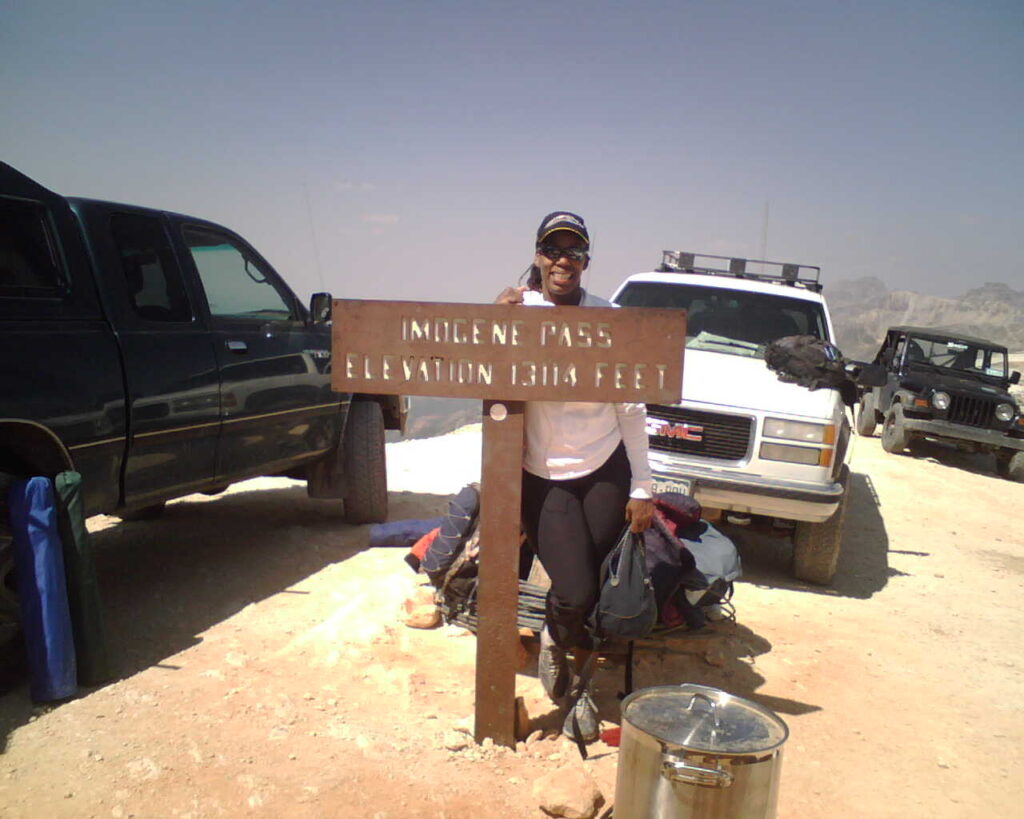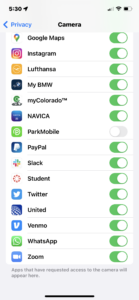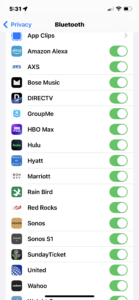Digital Hygiene

I have a split personality. Sort of.
In person, I am an engaging conversationalist at social events. It’s my way to practice on my social graces and update my revolving list of ‘small talk’ questions. Online, however, I’m a determined introvert. I work for a phone company and a company spawned from the genius of Howard Hughes. Knowing that your every keystroke, what you search for, what you chat about will be collected, stored, tracked, and monetized puts a damper on building an active digital persona. You would not believe that both identities are the same person because I’m absolutely boring online.
Privacy is a concept and a practice that an individual has to decide for themselves how wide that door swings open to the world wide web. As long as we are in a society that isn’t willing to give up Facebook (and all of its apps), privacy settings has to be a constant and individual task. So, I try to keep a small digital footprint – just enough social media engagement to support my friends’ aspirations, my husband’s company and validation that I am a real person. I co-exist with the trackers and identifiers that follow me as I read the newspapers and research through Google.
In our digital hygiene exercise, I found some surprises. The biggest one is the boring me still have a small footprint tied to me directly – that I can see. Part of that may be the hyphenated names and my ability to use either one or both my last names for ids. Indirectly, I’m linked to tons of people, thanks to the obligatory Linked In profile, last updated three years ago. One of my 300+ co-workers decided to upload a fifteen-year-old confidential organization chart of one of my previous business units, a corporate violation that would get them fired. However, most of those people on that chart no longer work for the company.
A few of my pre-pandemic hobbies appeared on Google’s search. My trail running stats showing how I came in last, or near last, are still there, a past monument to my willingness to try something Colorado-ish. The sum total of my contribution at a ‘Women in Tech’ group is a picture of me, in mid-sentence, giving a presentation. A financial donation that I made in my mother’s memory that was listed in a Sacramento ASCPA newsletter. My two-sentence testimonial for a friend’s state district campaign that he lost over ten years ago. Lastly, for the wont of proper punctuation, I’m listed in a 1983 Perdue University yearbook, as my second last name is used for the first name of another student.
In DuckDuckGo search, the results were considerably smaller, with some differences. My connection to my husband’s company was there, as well as my Imogene Pass Run stats. What was cool about Imogene was that my letter about my second race experience was online, along with the picture that I still use for motivation. I’ve moved on from that sport years ago, but Imogene is still one of the toughest races out there – and there is proof that I did it! DuckDuckGo had my woefully outdated alumni mater profile at Santa Clara and my letter to the Nation complaining about one of their article’s coverage on President Obama. Finally, the last search result would probably impress a prospective employer that I’m ‘LinkedIn’ with the CEO of CVS but I’ve never met the guy when we worked at the same place eight years ago.
As expected, the search under ‘Debra Turner’ or ‘Debra Kelly’ turned up hundreds of us, an online community that I could truly hide in forever. Neither search engine had me under those names, even though I’ve lived 40 years under my maiden name.
I have two social media accounts – Instagram (IG) and Twitter. I like to read the latest news information, and Twitter can be a few minutes (sometimes hours) ahead of major publications. I maintain an IG account solely to lurk and heart up my friends, including my shirtless fitness trainer friend demonstrating his daily routine. While I don’t post and rarely retweet, I know that my interaction with these two apps is tracked behind the scenes, under the definitions of ‘anonymized data’. What is interesting of note here is that I hadn’t check my IG account in weeks. I moved the app off the home page to avoid data charges on my study abroad trip to Barcelona. When I scrolled through it, I didn’t see any ads – it’s like they realized why bother, she is not online. Now that I’ve checked in, will my tracker wake up and activate the sellers’ bots? I’ll have click back in to prove or disprove, but I’m not ready for the onslaught.
Where I do fail at my own discreet rules is the settings for my smart phone and watch. I’m impressed that international nations are forcing change of better privacy laws, settings and understandable language on each option. I also give hats off to Apple for advertising like it was their idea. I was proud of myself for not allowing any apps to having tracking capability. And I only had three apps have ‘always’ on Location Services – weather, my car, and Google.
But then I opened the back door to the web in allowing my ALL photos to be shared with my car or Bluetooth shared with Red Rocks, even though I haven’t been to a concert since 2019. I should know better, especially with my smart car. A co-worker did a presentation on cybersecurity and cars, which made me want to buy a high maintenance but older dumb car. I also don’t need twenty plus apps to have access to my camera.


In summary, if a potential employer was searching for my online presence to evaluate my effectiveness as an employee, they would probably rate me as ‘lacking motivation’. That’s okay – both of my personalities are happy to live this way for now.





